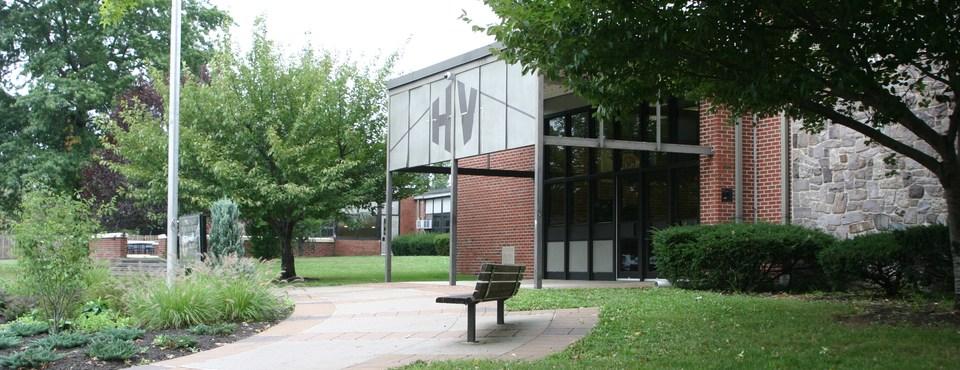A proposed policy that calls for random drug testing of Hopewell Valley Central High School students is set for a public hearing and final action at a Hopewell Valley Regional School District Board of Education meeting next week.
The policy, which was introduced at the board’s April 16 meeting, will be given a final review at the board’s May 21 meeting. The meeting will start at 7:30 p.m. at the Administration Building, 425. S. Main Street, Pennington Borough.
Random drug testing in schools is permitted by state law.
If the policy is adopted, the school district will not share students’ test results with the Hopewell Township Police Department. Federal rules restrict the use of any test results to investigate or prosecute any student, according to the proposed policy.
In a letter to the community that was posted on the school district’s website earlier this year, Superintendent of Schools Thomas Smith outlined the reasons for the policy, including the deaths of several young Hopewell Valley adults from drug overdoses in the past three years.
Despite proactive deterrent programs that begin in the fifth grade, Smith said there has been an increase in the number of Hopewell Valley Central High School students found to be under the influence of drugs or alcohol.
During the 2015-16 school year, seven students violated the district’s substance abuse policy. That number grew to 24 students in the 2016-17 school year.
School district officials have wrestled with how they can better protect students, Smith wrote, and came to the conclusion stronger steps need to be taken. That is why he has recommended instituting a random drug testing policy.
“My intent for this policy is a philosophical shift from a reactive, punitive approach to a more proactive, therapeutic model. If this policy can save one student from traveling down a dangerous path, give one student a reason to say no, or help one student get early help, it is worth it,” Smith wrote.
Officials hope that randomly screening students for drugs will give them a reason to resist peer pressure to take drugs, Smith said. Testing can also identify students who are taking drugs and refer them for treatment, with the exception of students who have been prescribed medicine.
Although it has not been determined which drugs will be included, the random drug test “panel” typically tests for marijuana, cocaine, opioids, amphetamines, MDMA or ecstasy, GHB, steroids, synthetic cannabinoids, and alcohol.
The random drug testing program would apply to students involved in athletics, extra-curricular or co-curricular activities and those who hold on-campus parking permits – about 90 percent of the students at the high school.
Students who do not meet those requirements, but who want to be part of the program, can choose to participate in the random drug tests. Students who want to opt out can do so by filling out an “activity drop form” that indicates he or she will not be participating in sports or other after-school activities, and will give up the parking permit.
Students will be assigned a number, which will be shared with an outside laboratory that will select students at random to be tested. It is expected that six students will be chosen for random testing every week, or about 240 students annually of the 1,200 students enrolled in the high school.
The selected students will be escorted to the nurse’s office to submit a urine sample. The nurse will test the sample, and if it tests positive, the sample will be sent to a lab for confirmation. Measures will be taken to ensure students cannot cheat on the drug test.
If a student tests positive for drugs, he or she must attend at least five counseling sessions with the student assistance counselor within 30 calendar days. The student may attend a prevention/education program or complete an in-patient substance abuse rehabilitation program approved by the state Department of Health.
The student will be re-tested after completing the five counseling sessions. If the student tests positive again, he or she will lose privileges, such as the ability to take part in after-school clubs and activities, for up to 15 days. Parking privileges will be suspended for 30 days.
The student also will have to attend a minimum of 10 counseling sessions with the student assistance counselor within 45 calendar days. The student must attend prevention/education programs or complete an in-patient drug/alcohol rehabilitation program approved by the state Department of Health.
In all cases, the test results will remain confidential and will not become part of a student’s record for college or job applications. The record will be locked away in a separate file, away from the student’s regular file, according to the proposed policy.

